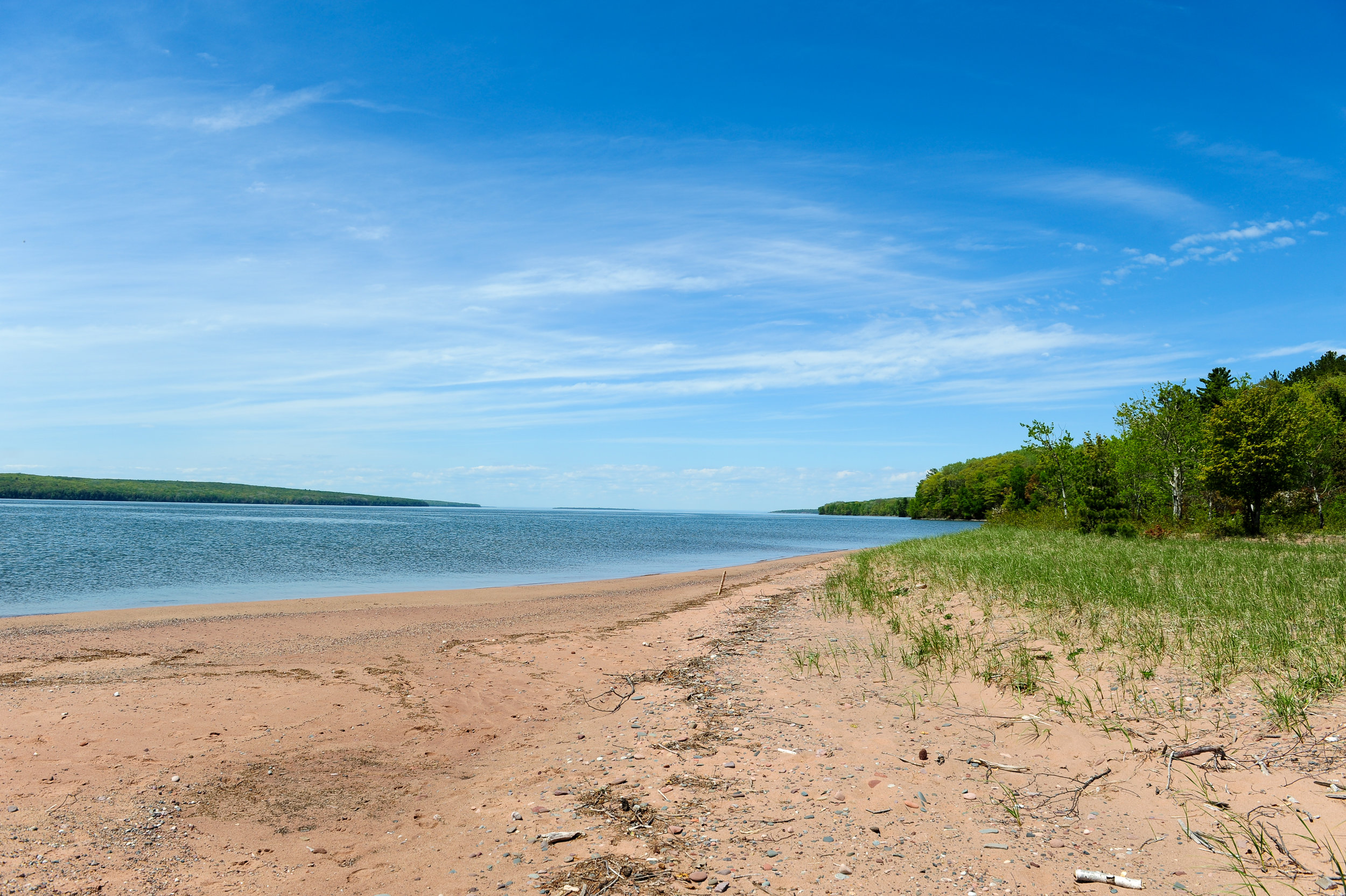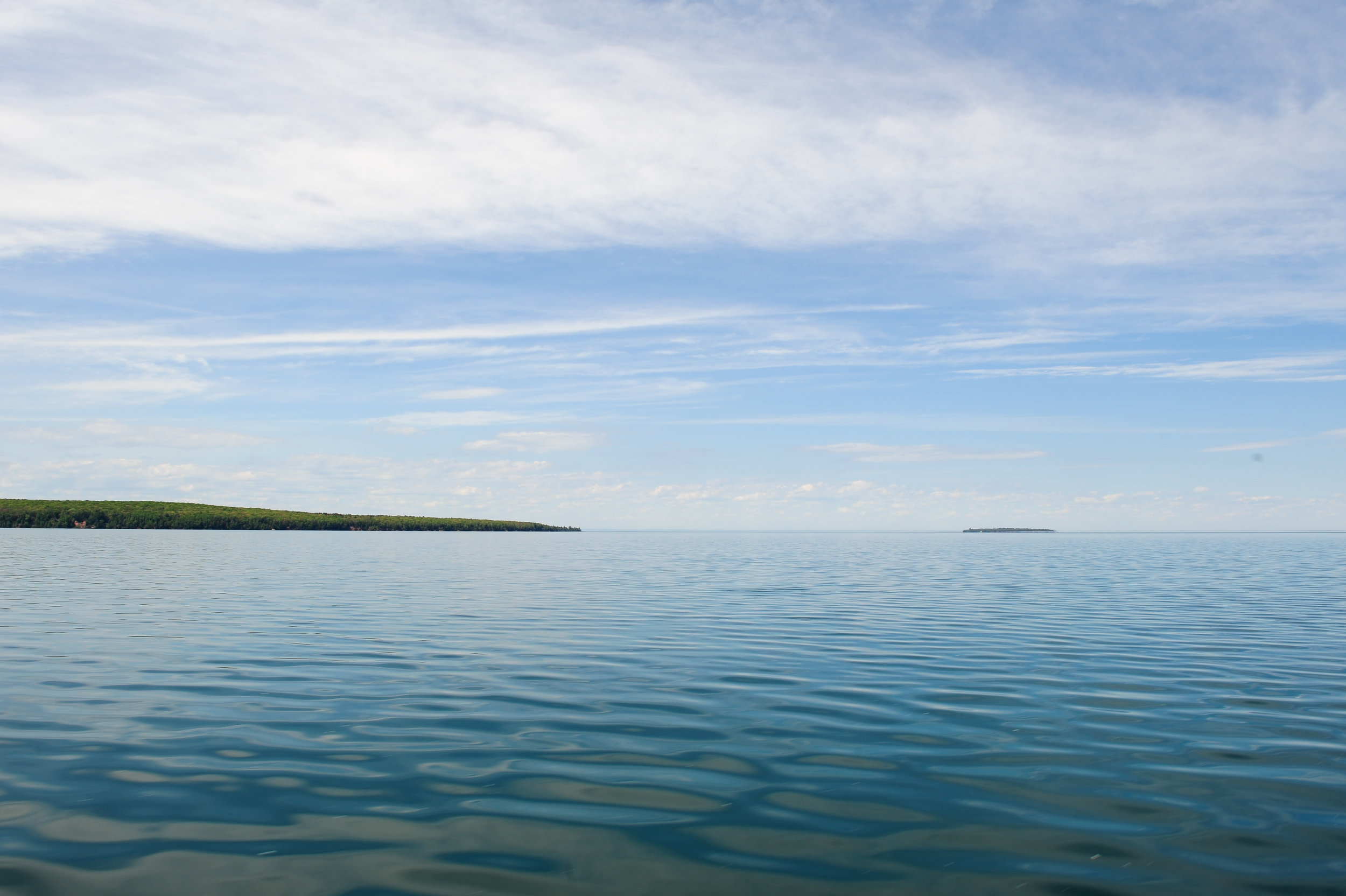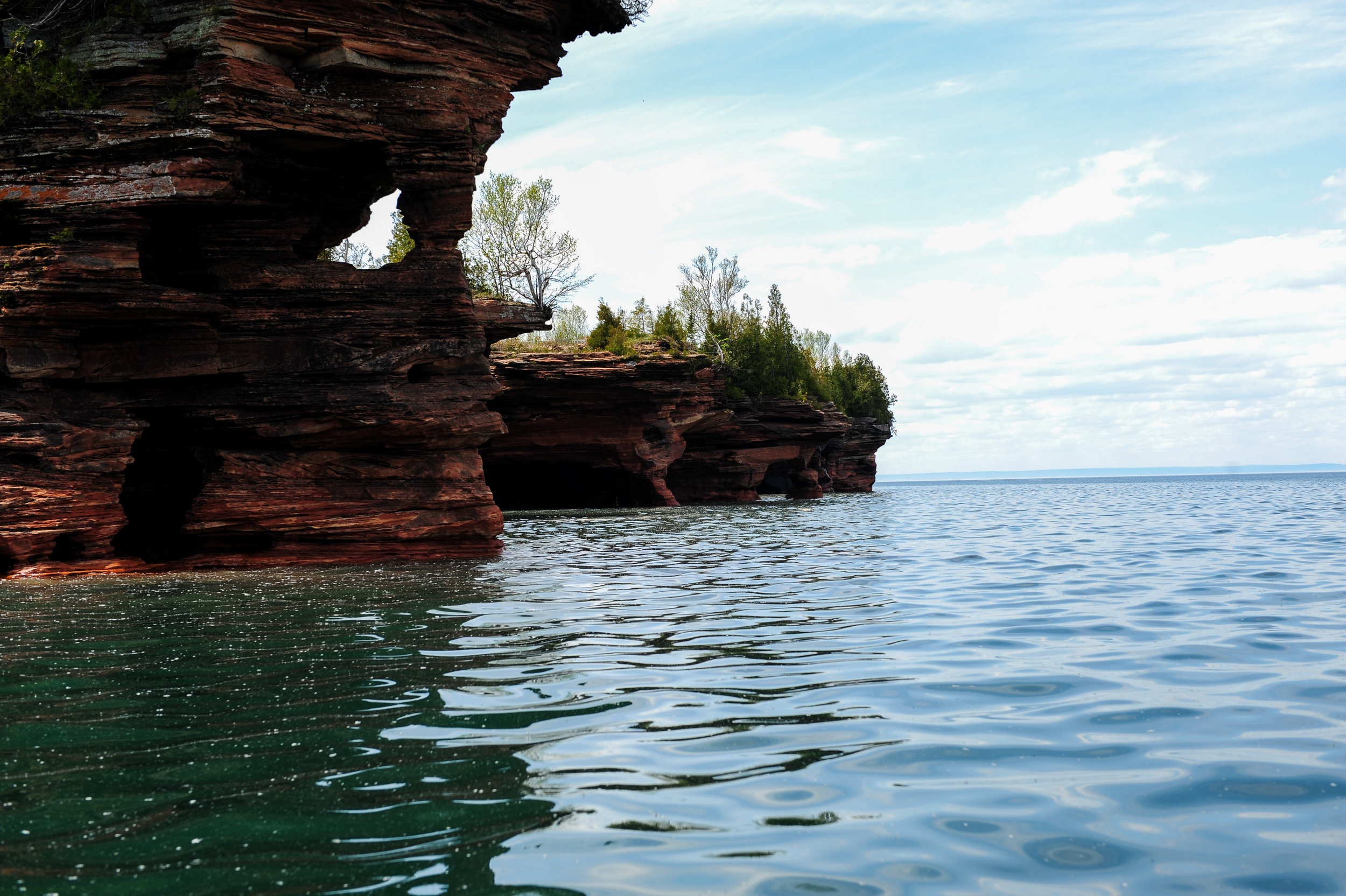'Land and water are not really separate things, but they are separate words, and we perceive through words.'
David Rains Wallace, The Untamed Garden and Other Personal Essays
We are 70 percent water and fresh water is essential to our survival, two seemingly simple facts. I've heard them many times in my 43 years but ever since I've fallen in love with a vulnerable Great Lake, fresh water is always on my mind. Lake Superior, the last place on earth with clean and abundant fresh water, is threatened by the mining industries in Minnesota, Wisconsin, Michigan and Ontario. It's a foregone conclusion, regardless of the 'research' and 'engineering' a mining company will espouse, that pollution is a by-product of the extraction industries and any pollution, on the shores of 10 percent of the world's fresh water, is a global problem.
According to Water.org, , a child dies every 21 seconds from a water related illness, women in developing countries spend 200 million hours a day collecting water and 780 million people lack access to clean water. While 3.4 million people a year die from water related illnesses and the United Nations declared 2013 the Year of International Water Cooperation, there are companies (Polymet, GTac and Rio Tinto) seeking to build new iron ore, copper and nickel mines in the pristine wilderness on the shores of Lake Superior and putting fresh water at risk.
Where is the hue and cry? Where are the millions of people taking a stand against corporate greed? What happened to 'when you know better, you do better'? Why hasn't the global issue of access to clean water stopped these mining companies in their tracks? All good and maddening questions waiting to be answered. I do know the answer to one question posed by Aldo Leopold in A Sand County Almanac, 'Now, we face the question whether a still higher 'standard of living' is worth its cost in things natural, wild and free'— absolutely not because our standard of living in intricately linked to all things natural, wild and free and as such, any imbalance is the beginning of the end. I'm lucky to live in a community that shares my deep appreciation for the natural world and is working tirelessly to protect Lake Superior, a global resource, but we need more voices asking those questions and demanding answers.
When we first pulled into Justice Bay on Sand Island 14 years ago, I couldn't believe my eyes— the water was crystal clear and we could see straight down in 20 feet of water. We were used to the murky water of the Duluth harbor and I knew there was no going back after spending a week in the Apostle Islands. We didn't go back to Duluth and the Apostle Islands became the backdrop for our lives, memories and stories. I'm still awestruck at the pristine wilderness surrounding me, it's nothing short of a miracle that it's survived as long as it has. A miracle worth protecting for those who will come after me.
Ted and I took the kids and George out for an adventure in the Islands yesterday and we couldn't have asked for a more beautiful, sunny and calm day. There wasn't much wind so we decided to go all the way to Devil's and check out the sea caves. On the way to the caves, we charted a course that has become familiar to me— past Oak, Otter and Bear Islands. We've been fortunate to have spent many days and nights in the Islands and I wondered if someone, who has never been to Devil's or Lake Superior, would care if the Lake, the Penokees, the Kakagon Sloughs, the Upper Peninsula or the BWCA were destroyed by mining companies? Baba Dioum said, 'In the end we will conserve only what we love. We will love only what we understand. We will understand only what we are taught' and if people aren't taught to value, love and conserve these wild places, will they?
While there are lots of people who haven't stepped foot in the Penokee Hills, Oak Island or the BWCA, they understand the intrinsic value those wild places have in their lives. We are part of a greater whole and everyone, even the ones who seek to destroy the wilderness, has heard the earth's heartbeat— in a tree-fort as a 6-year-old, in a rumble of thunder on a warm summer night, in the caress of water while swimming, the sting of wind-driven snowflakes or the smell of pine needles warmed by the sun. Are these common experiences enough to stop the mining companies from ripping off mountain-tops, polluting watersheds and creating mountains of over-burden? If we all wake up from our slumber and open our eyes, then the answer is a resounding yes. Mining companies have operated in the Lake Superior Basin for years, with various degrees of pollution (remember Silver Bay and Reserve Mining) but it's time we realize the biggest resource in the basin is clean water, not the minerals deep in the earth.
The following websites for the Polymet Mine in Minnesota, the Rio Tinto Mine in Michigan and the Penokee Mine in Wisconsin are a good place to start to understand why Lake Superior, the Apostle Islands, the Penokee Hills, the Boundary Waters Canoe Area and the pristine wilderness of the Upper Peninsula of Michigan are worth saving. There is a long road ahead of us and conservation is a tough sell in a culture of greed and hubris but our voices raised in defense of Lake Superior can change the course those in power have plotted for us.
Aldo Leopold posed an important question in an article he wrote for Outdoor Life. I'd say that the mining industry will most definitely make a poor master and a legacy of good stewardship to the natural world will serve us, and the people who will come after us, far better.
‘For unnumbered centuries of human history the wilderness has given way. The priority of industry has become dogma. Are we as yet sufficiently enlightened to realize that we must now challenge that dogma, or do without our wilderness? Do we realize that industry, which has been our good servant, might make a poor master? Let no man expect that one lone government bureau is able—even tho it be willing—to thrash out this question alone.
….Our remnants of wilderness will yield bigger values to the nation’s character and health than they will to its pocketbook, and to destroy them will be to admit that the latter are the only values that interest us.’
Aldo Leopold ‘A Plea For Wilderness Hunting Grounds’ The Best of Outdoor Life: One Hundred Years of Classic Stories










